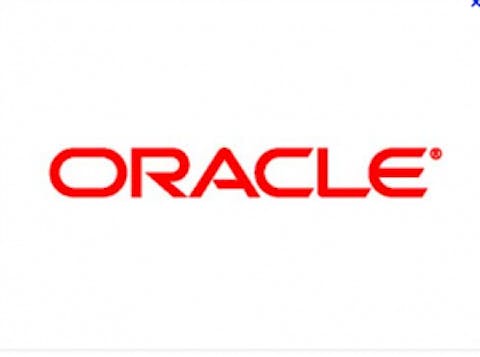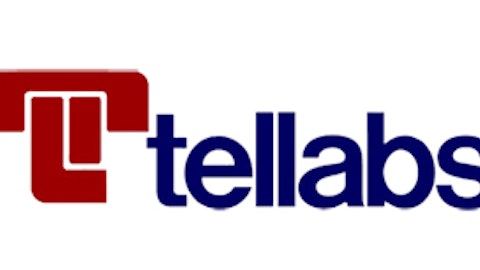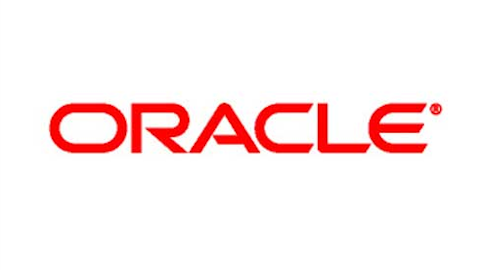Shares of Acme Packet, Inc. (NASDAQ:APKT) have surged 68% over the past three months since reaching a low of $15.31 in late October. Clearly investors were placing huge bets ahead of the company’s Q4 earnings report released Monday. But what they got was a surprise buyout by Oracle Corporation (NASDAQ:ORCL) for $2.1 billion. And with telecoms ravaged by poor carrier spending, it’s not yet clear that Acme Packet deserved this premium.

Disappointing fourth quarter, but it’s Oracle’s problem now
While the Q4 report would have been the perfect starting point to this relationship. Acme Packet’s results made me question whether or not Oracle truly knows what it’s getting itself into. Granted, Acme Packet issued a warning to investors that the results would be light, saying revenue would arrive in the range of $84 million to $86 million, with earnings coming in at $0.26-$0.28 per share.
Granted, both targets were well below Street estimates. But the numbers were consistent with the outlook given by rivals. I was nonetheless shocked by what the company actually reported. Revenue dropped 15% year over year to $70.7 million. This was well below the low end of the company’s own revenue estimates of $84 million. Never mind that it missed the consensus projections of $93.4 million
Non-GAAP net income dropped 64% to $6.5 million, or $0.09 per share. Essentially, not only did Acme Packet miss its own prior EPS estimates by 65%, but the company managed to also miss revenue estimates by 16%. Now these are pretty wide margins of error — even for a lemonade stand.
Then again, not much was expected seeing as carriers have yet to open their wallets, which was evident in ADTRAN, Inc. (NASDAQ:ADTN)‘s fourth-quarter earnings report. The good news for Acme Packet is that Adtran’s results were broadly in line with estimates with earnings arriving at $4 million, or $0.06 per share. Then again, for Adtran, both net income and revenue dropped 87% and 20%, respectively.
By comparison, Ciena Corporation (NASDAQ:CIEN) didn’t woo the Street with its 2% revenue growth, but unlike Acme Packet, there is evidence that the company has begun to turn things around. Despite Ciena’s soft report, shares jumped 5%. For Ciena, its solid fundamentals continue to reassure investors of its sound management.
Essentially, the Street believes Ciena’s soft numbers were the result of macro conditions and not a lack of execution. That’s not the case with Acme Packet. Plus, the Street was pleased with how Ciena performed categorically, including 66% growth in carrier Ethernet service delivery, or CESD. Likewise, service revenue soared 21%. And even with the half-point-drop in gross margin, it rose sequentially by over 3 points.
Essentially, in Ciena’s situation, it’s hard to punish the company for reporting earnings that merely arrive in-line with estimates, particularly in tough macro climates. However, when the stock carries a valuation multiple 20 times the industry standard, as Acme Packet does, the scrutiny is warranted — especially when cheaper rivals outperform.
Then again, it’s reasonable to suspect that Acme Packet knew the importance of its guidance as it was negotiating its deal with Oracle. Guiding too low would have sent investors into a panic, potentially shedding valuable negotiating leverage. On the other hand, there’s no way Oracle would have done this deal without prior due diligence. Oracle is too smart.





